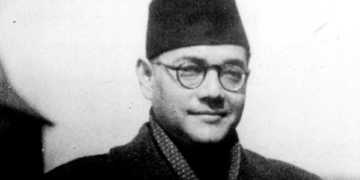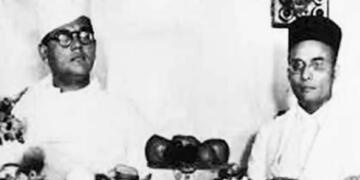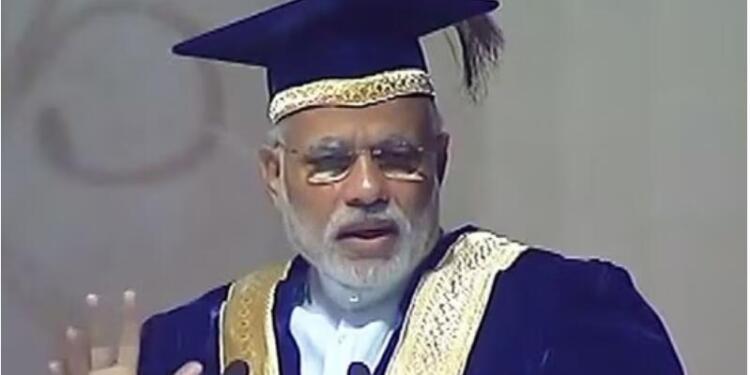The Narendra Modi government of the Bharatiya Janata Party (BJP) has made a significant decision that is set to redefine the tradition of convocation ceremonies in the country’s medical institutions. According to a new order issued by the Ministry of Health, medical institutions like AIIMS will now replace the colonial dress code with traditional Indian attire for convocation ceremonies. This move is a crucial step towards ending colonial legacies and reinforcing Indian cultural identity.
The practice of wearing black gowns and caps during convocation ceremonies began in the late 19th century under British rule, particularly during the tenure of Lord Cornwallis as Viceroy. The British Empire, seeking to impose Western educational norms and formalities, introduced these garments, which originated in medieval Europe. They became a symbol of colonial authority and were adopted in various educational institutions across its colonies, including in India.
The new directive from the Ministry of Health allows medical institutions to design dress codes for their convocation ceremonies based on local traditions and cultural values. This change aims not only to eliminate colonial symbolism but also to honor and celebrate India’s rich cultural diversity. By integrating Indian attire, the decision seeks to restore and acknowledge the country’s traditional heritage, moving away from colonial impositions.
This shift has the potential to profoundly impact Indian society and its outlook. Emphasizing Indian cultural identity during convocation ceremonies will not only foster pride and self-respect among Indians but also promote cultural unity and connection across different regions of the country.
The BJP’s decision is symbolic of a historic transformation and represents a significant step towards cultural reconstruction in post-independence India. It is seen as a move to dismantle colonial traditions and to validate the diverse cultural fabric of India.
In essence, the BJP’s decision marks a historic milestone in reinstating Indian cultural pride and identity. It reflects a broader effort to move beyond the colonial past and embrace a future that honors and celebrates India’s traditional and cultural heritage. This change is not just a reform of ceremonial attire but a profound statement of reclaiming cultural heritage and affirming national pride.






























